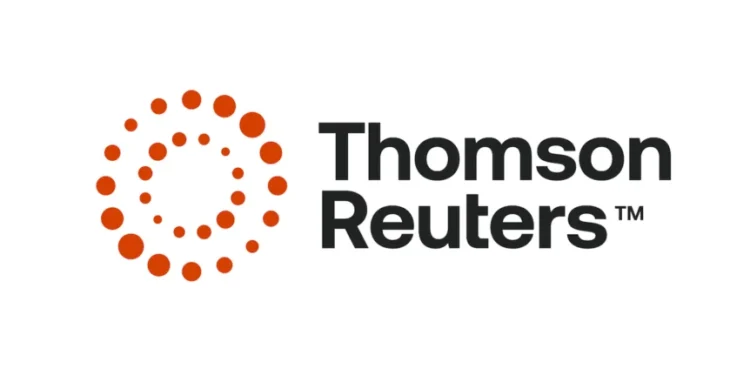Toronto-based Thomson Reuters has taken a decisive step in embedding artificial intelligence inside everyday professional software. On 15 July the company introduced two applications, Ready to Advise and Ready to Review, both built on its CoCounsel platform. The tools are aimed at tax and advisory specialists and can draft guidance, check compliance rules and prepare returns with only light human supervision. Thomson Reuters says this is among the most advanced real-world uses of agentic AI in any enterprise suite.
The company positions Ready to Advise as a system that analyses client data, pulls relevant statutes, drafts tailored recommendations and flags potential risk. Practitioners review and amend rather than create each file from scratch. Ready to Review, expected later this year, will extract data from source documents, populate tax returns and alert reviewers to anomalies.
How Agentic AI Works
Agentic systems differ from chatbots in three important ways. First, they maintain a goal state (in this case, a compliant tax plan or completed return) and break the job into discrete steps. Second, they monitor for errors, repeating tasks when data or regulations clash. Third, they escalate exceptions to a human reviewer, preserving accountability. Thomson Reuters says CoCounsel’s underlying model blends its curated legal and tax content with large language models developed in partnership with Casetext, which it acquired in 2023.
Elizabeth Beastrom, president of Tax and Accounting Professionals at Thomson Reuters, called the launch “a pivotal moment for our industry”. She added that practitioners expect AI to save them “as much as two hundred and forty hours every year”, time that can be redirected towards more strategic work. That figure comes from the firm’s 2025 Future of Professionals Report, in which more than three quarters of respondents said AI will have a “high or transformational” impact within five years.
The result is a tool that can run unattended for much of its workflow while recording a full audit trail of each decision. If the model cannot reconcile conflicting guidance, it pauses and highlights the uncertainty instead of guessing. In testing, Thomson Reuters claims the approach cuts preparation time by up to fifty per cent without sacrificing accuracy, though peer-reviewed benchmarks have yet to appear.
Why the Launch Matters for Canada
Thomson Reuters keeps its operational headquarters in Toronto and bases many AI research roles there. The release therefore carries weight for Canada’s software ecosystem, which often sees local talent commercialised abroad. Rather than chasing consumer hype, the firm is embedding AI inside routine yet high value professional tasks, offering a monetisation path that could inspire domestic start-ups in legal tech, regtech and enterprise SaaS.
The design also supports Canada’s reputation for responsible AI. CoCounsel keeps humans in the loop, aligns with existing professional standards and limits data transfer outside secure clouds. These guardrails may reassure regulators concerned about untested agents making legal or financial decisions.
Questions remain. If software omits a deduction or misreads a regulation, who is liable—the practitioner or the platform? Thomson Reuters says users remain the final decision-makers, but the automation gap is narrowing. Industry bodies are likely to seek clearer guidance on professional duties when AI agents handle most groundwork. Accuracy will be under scrutiny as well: early studies of legal models show declining performance on edge cases, and a single wrong citation can trigger audits and penalties.
Ready to Advise is live for United States customers, with a Canadian rollout on the roadmap. Ready to Review enters early-access testing later in the year. Thomson Reuters has hinted at further verticals, including corporate compliance and audit, where multi-step tasks suit agentic execution.
For now, the launch shows that AI agents are moving from research labs into billable hours. As rivals race to match the capability, the question is no longer whether professionals will use AI but how deeply agents will integrate into trusted workflows. Thomson Reuters has fired an early shot; the market will decide how quickly others follow.













